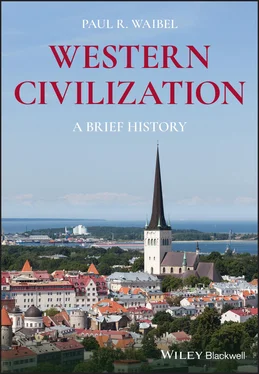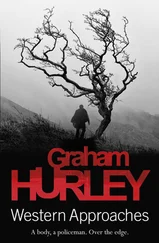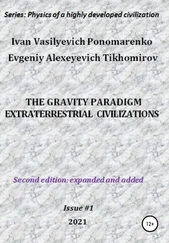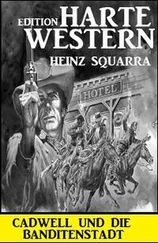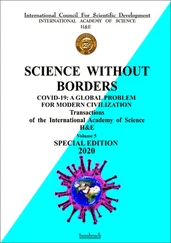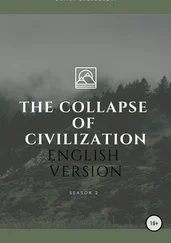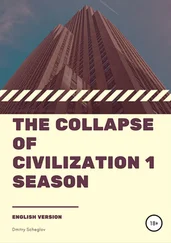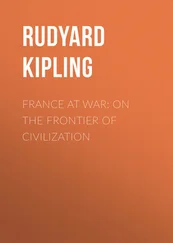Harold, known as Harold II, was immediately faced with two challenges to his rule – the first from his brother Tostig (c. 1026–1066), supported by King Harald III Hardrada of Norway, who invaded England, and the second from Duke William II of Normandy (1028–1087), a cousin of Edward the Confessor. Harold surprised Tostig and Hardrada at Stamford Bridge in Yorkshire on September 25, 1066. Both Tostig and Hardrada were killed in the battle, and their army virtually annihilated.
Immediately following the Battle of Stamford Bridge, Harold force‐marched his army to the south coast of England to confront an invading army led by Duke William of Normandy. The battle that ensued on October 14, known as the Battle of Hastings, proved historically significant for several reasons. Harold's Anglo‐Saxon army fought on foot with the battle ax as their preferred weapon. William's army was made up of armed, mounted knights, supported by infantry armed with bows. The battle lasted the entire day. At its end, Harold lay dead, shot through the eye with an arrow, and his army destroyed.
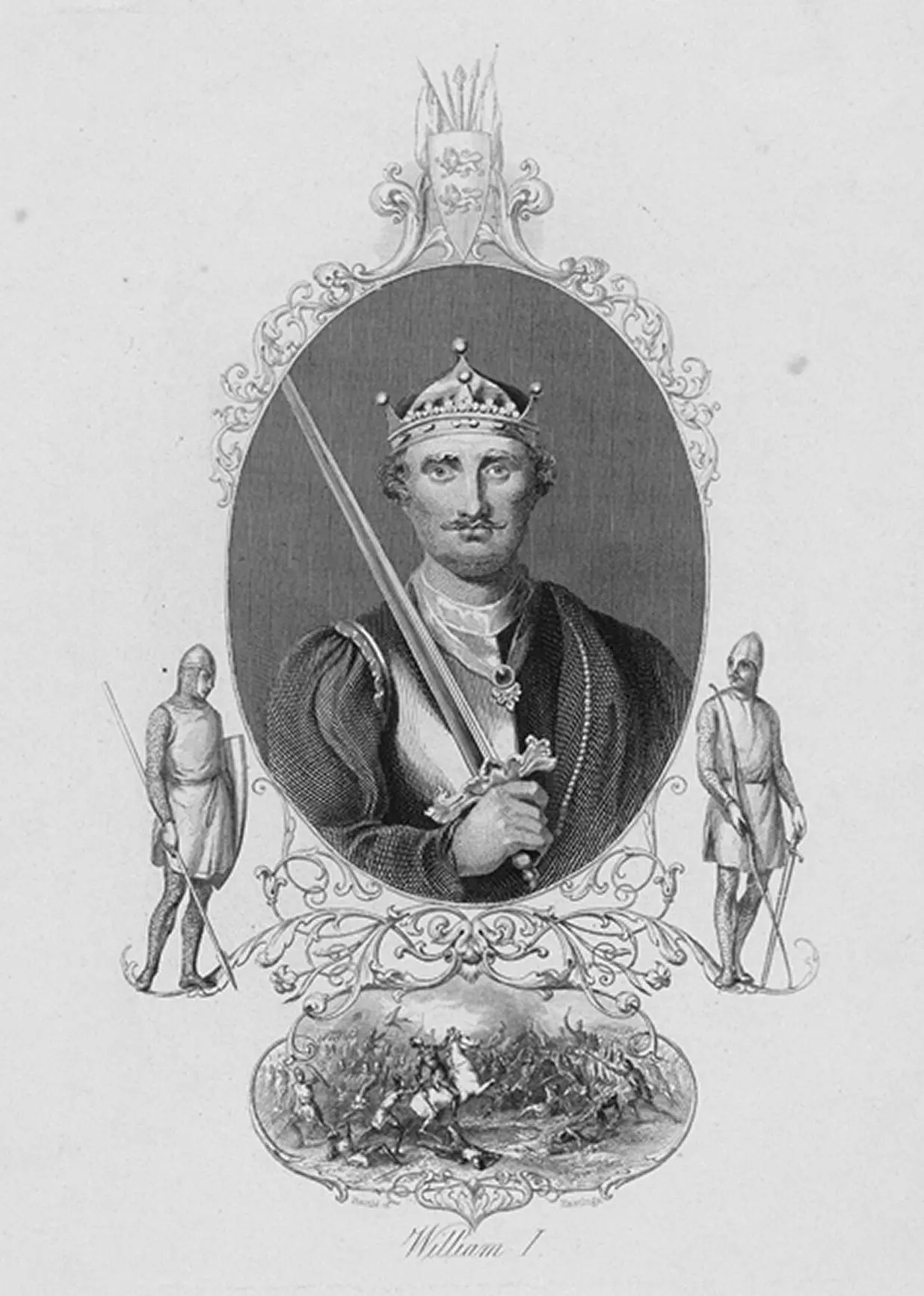
Figure 4.1Duke William of Normandy's victory over King Harold of England at the Battle of Hastings in 1066 marked the end of Anglo‐Saxon England.
Source: The Miriam and Ira D. Wallach Division of Art, Prints, and Photographs: Print Collection, The New York Public Library.
The period of Anglo‐Saxon England ended with the death of its last king. The Norman Conquest of England followed. William was crowned King of England on Christmas Day, 1066. Though William retained those aspects of Saxon customs and laws that strengthened the king's position, he introduced a highly centralized form of feudalism in England. Saxon nobles were displaced and their lands given to those, largely Norman, who participated in the conquest. French, the language of the Normans, became the language of government and administration. Henceforth, the dominant cultural influence in England came from across the channel.
Disintegration of the Carolingian Empire
On September 11, 813, Charlemagne crowned his eldest son, Louis, emperor. Louis ruled as co‐emperor with his father until the latter's death in January, 814. Charlemagne recognized that when Pope Leo III crowned him emperor on Christmas Day, 800, it appeared that the title was the pope’s to bestow on whomever he chose. Was the emperor subject to the pope? Charlemagne's crowning of his son, without consulting the pope, was one way of clarifying the relationship between secular and papal authority. Louis, however, allowed himself to be crowned a second time by Pope Sylvester IV (816–817) in October 816, as if to say that he was not truly emperor until given the pope's blessing.
Louis proved to be an ineffective ruler. Lacking his father's ability to inspire awe, his reign was marked by war between his four sons and among the Frankish nobility. Upon his death in 840, his three surviving legitimate sons fought over the division of the empire. The two younger sons, Charles the Bald (823–827) and Louis the German (c. 804–876), joined forces against their older brother, Lothair I (795–855), who inherited the imperial title and attempted to hold the empire together.
Charles the Bald and Louis the German met together with their armies at Strasbourg in February 842. The two brothers swore an oath of unity against their older brother. The oath was taken in the vernacular languages of their followers: “ romana lingua ,” the precursor of modern French, and “ teudisca lingua ,” the precursor of modern German. It was already evident by the middle of the ninth century that there were two distinct languages and cultures emerging that would evolve into modern France and Germany.
The Treaty of Verdun was concluded between the three brothers in August 843. It divided the administration and territory of the Carolingian Empire between the three. Charles the Bald was given the French speaking western Frankish lands, roughly medieval France. Louis the German was given the German speaking eastern Frankish lands. Lothair retained the imperial title and control of the so‐called “Middle Kingdom,” a strip of territory stretching from the North Sea to northern Italy. When Lothair died in 855, his lands were divided, according to Frankish custom, between his three sons. From its creation to middle of the twentieth century, the territory given to Lothair was fought over by the heirs of Charles and Louis.
The fragmentation of the Carolingian Empire and the resulting civil strife of the ninth century exposed Europe to a new wave of invasions during the ninth and tenth centuries. The new invaders were the Muslims, the Magyars, and the Vikings. Of the three, the Vikings were the most devastating and had the greatest historical impact.
The Muslims were defeated by the Franks in 732 at the Battle of Tours, thus preventing their advance into Western Europe beyond the Pyrenees Mountains. During the ninth century, they raided the southern coast of Europe, especially Italy, from bases in Muslim‐controlled North Africa. By the middle of the ninth century they occupied Sicily, Corsica, Sardinia, the Balearic Islands, and southern Italy. They sacked Rome in 846 and again in 876, and burned Monte Cassino in 883.
The Magyars were a Turkic people related to the Huns who migrated from the Russian Steppes to the Carpathian Basin, where they founded the principality of Hungary at the end of the ninth century. From their base in Hungary, they were able to conduct swift raids throughout Central Europe. Their armies consisted mostly of light cavalry armed with a reflexive bow. Their raids were so destructive and terrifying, that contemporary Christian authors likened them to the biblical Gog and Magog who will wage war against God at the end of the world. The Magyars were decisively defeated at the Battle of Lechfield in 955. They settled down and became the founders of modern Hungary.
The invaders who had the greatest impact on the future were the Vikings. They came from the area referred to as Scandinavia – Norway, Sweden, and Denmark. Their significance is evident in that the period from the late eighth to the end of the eleventh century is sometimes referred to as the “Viking Age.” Why they began migrating is open to many interpretations. Overpopulation was one reason. Given the agricultural technology at that time, it was easy for the growth in population to outstrip the food supply. The gradual appearance of strong central monarchies in the Scandinavian kingdoms was another.
As pagan warriors, adventure and booty were also motivations. The absence of any strong central authority capable of mounting a rapid response to the swift Viking raiders left the towns and monasteries along the coasts and rivers of Europe and the British Isles easy prey. As pagans, the Vikings did not have any scruples about burning a monastery and nailing the monks to the church door, as they sometimes did. The monastery of Lindisfarne on the coast of Northumbria was looted and burned in 793. Lindisfarne was a center of art and learning, a bright light in a dark age. The Anglo‐Saxon Chronicle records the tragic event:
This year came dreadful fore‐warnings over the land of the Northumbrians, terrifying the people most woefully: these were immense sheets of light rushing through the air, and whirlwinds, and fiery, dragons flying across the firmament. These tremendous tokens were soon followed by a great famine: and not long after, on the sixth day before the ides of January in the same year, the harrowing inroads of heathen men made lamentable havoc in the church of God in Holy‐island [of Lindisfarne], by rapine and slaughter.
Читать дальше
